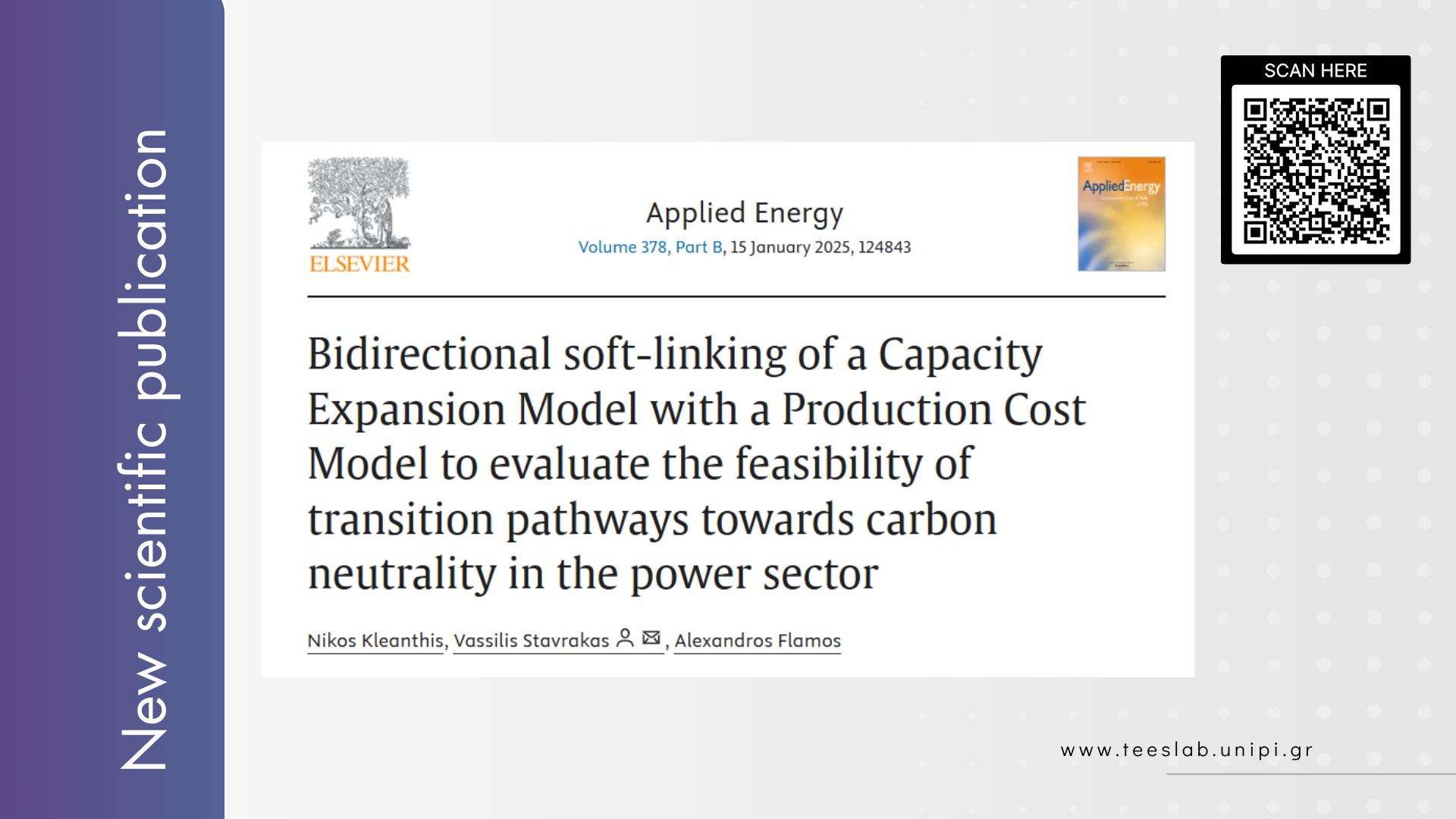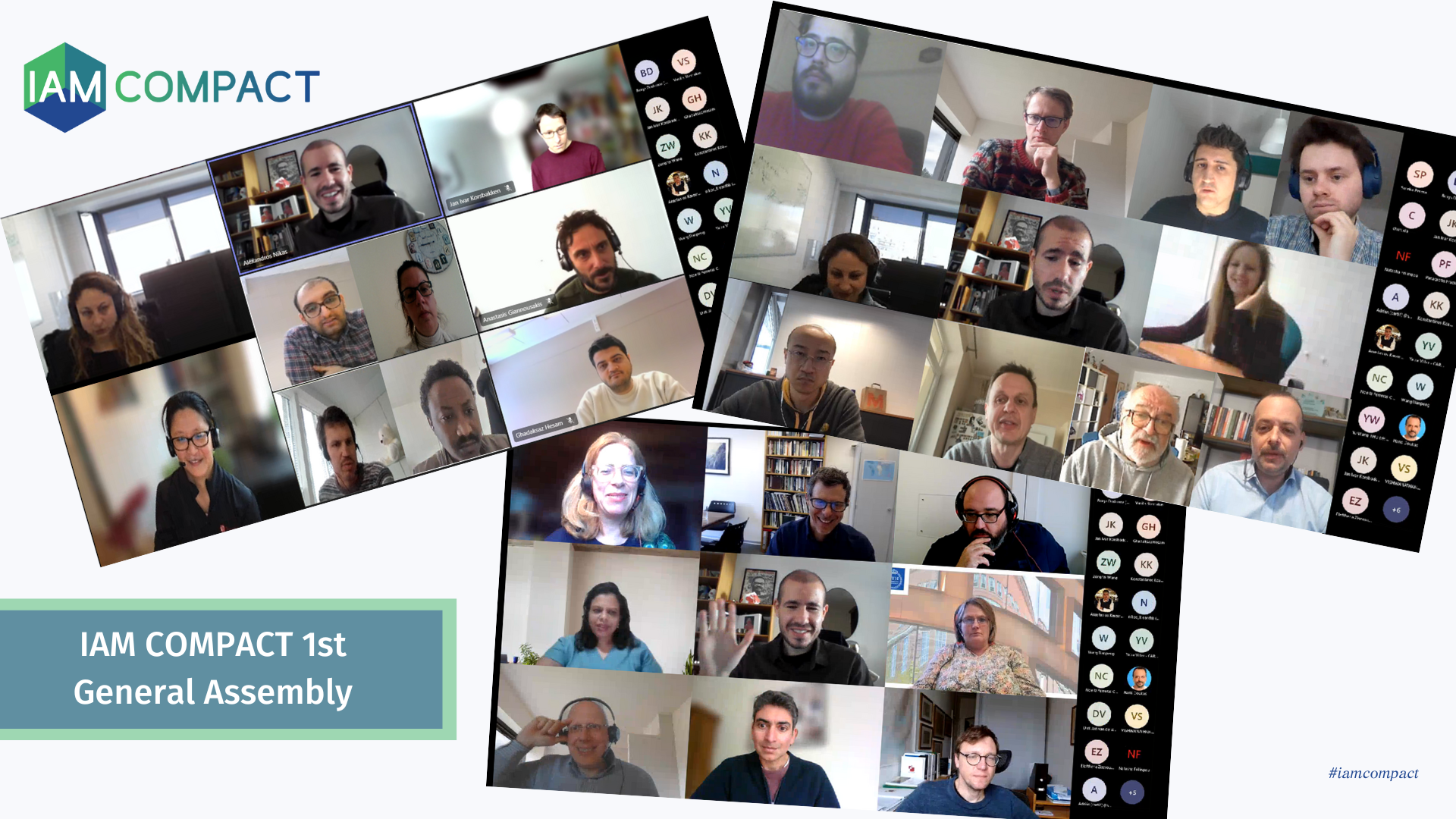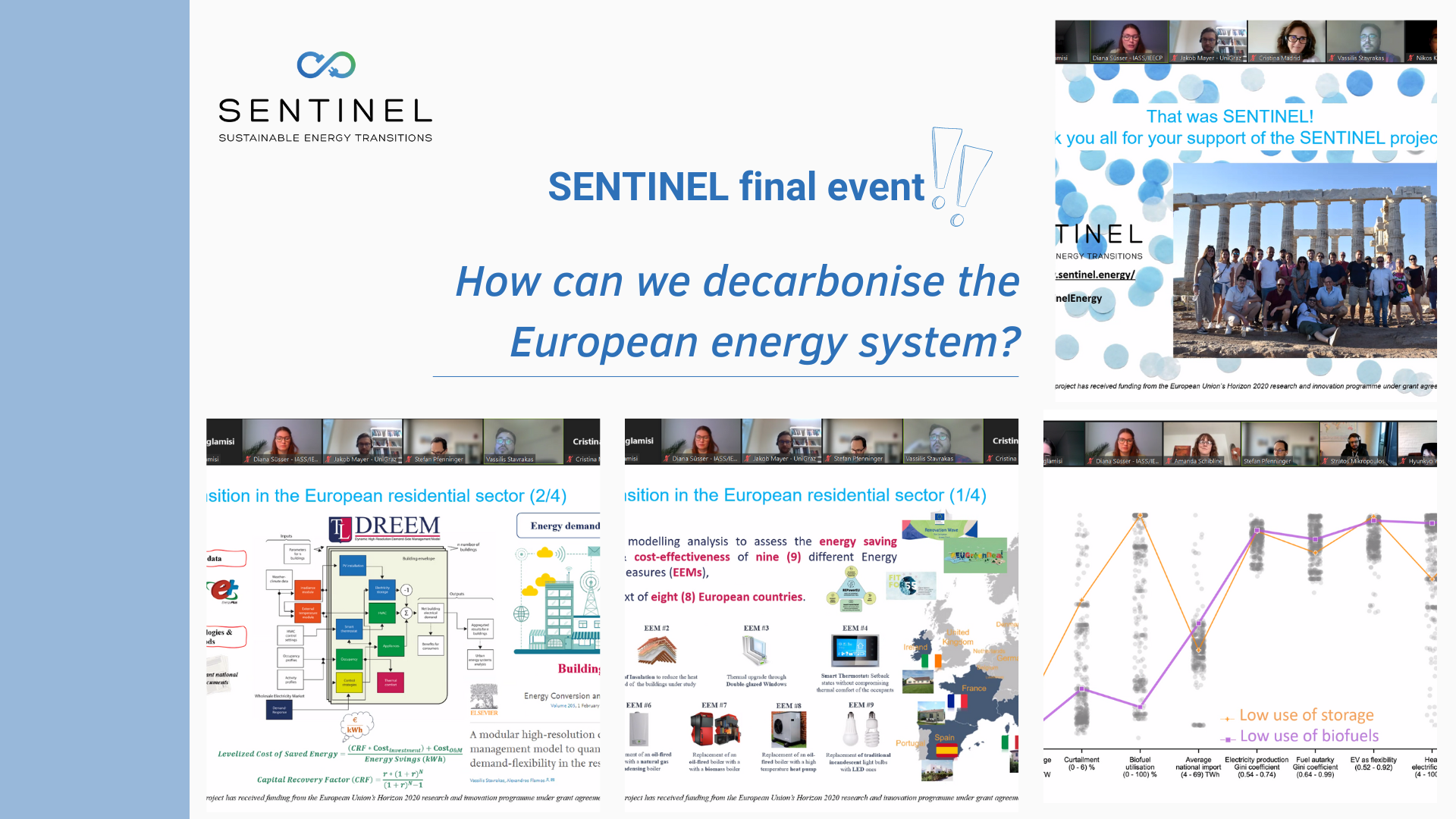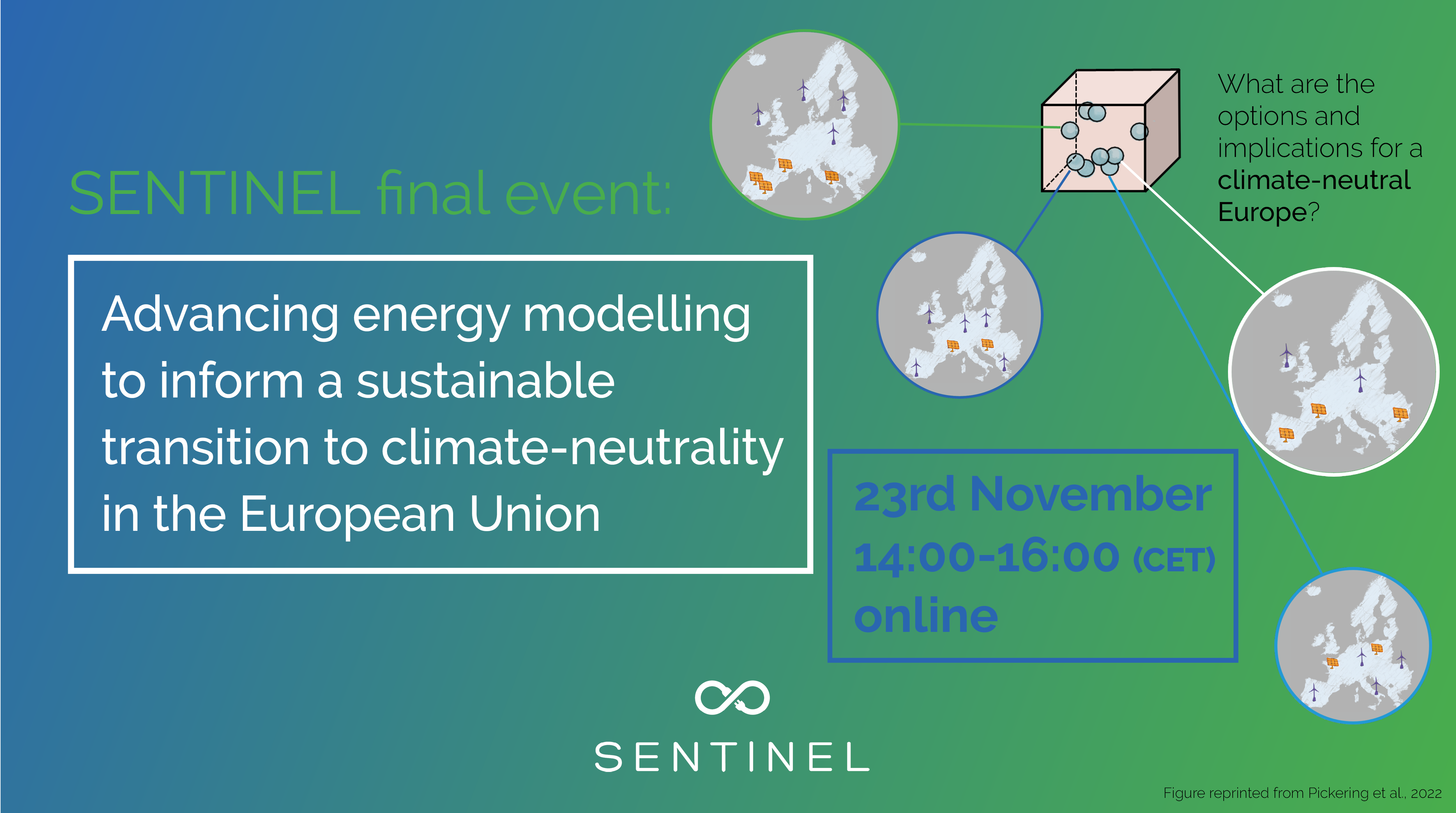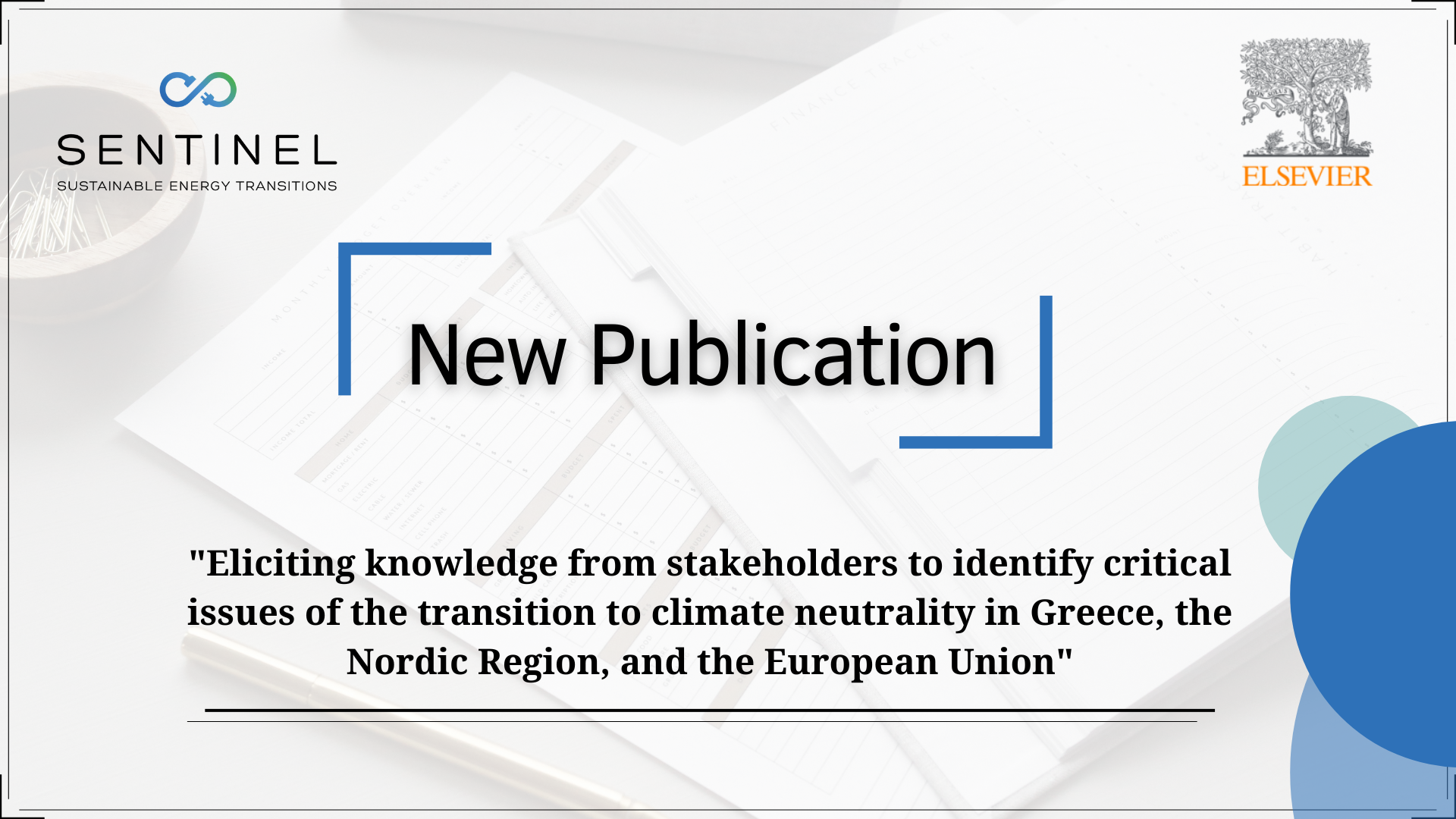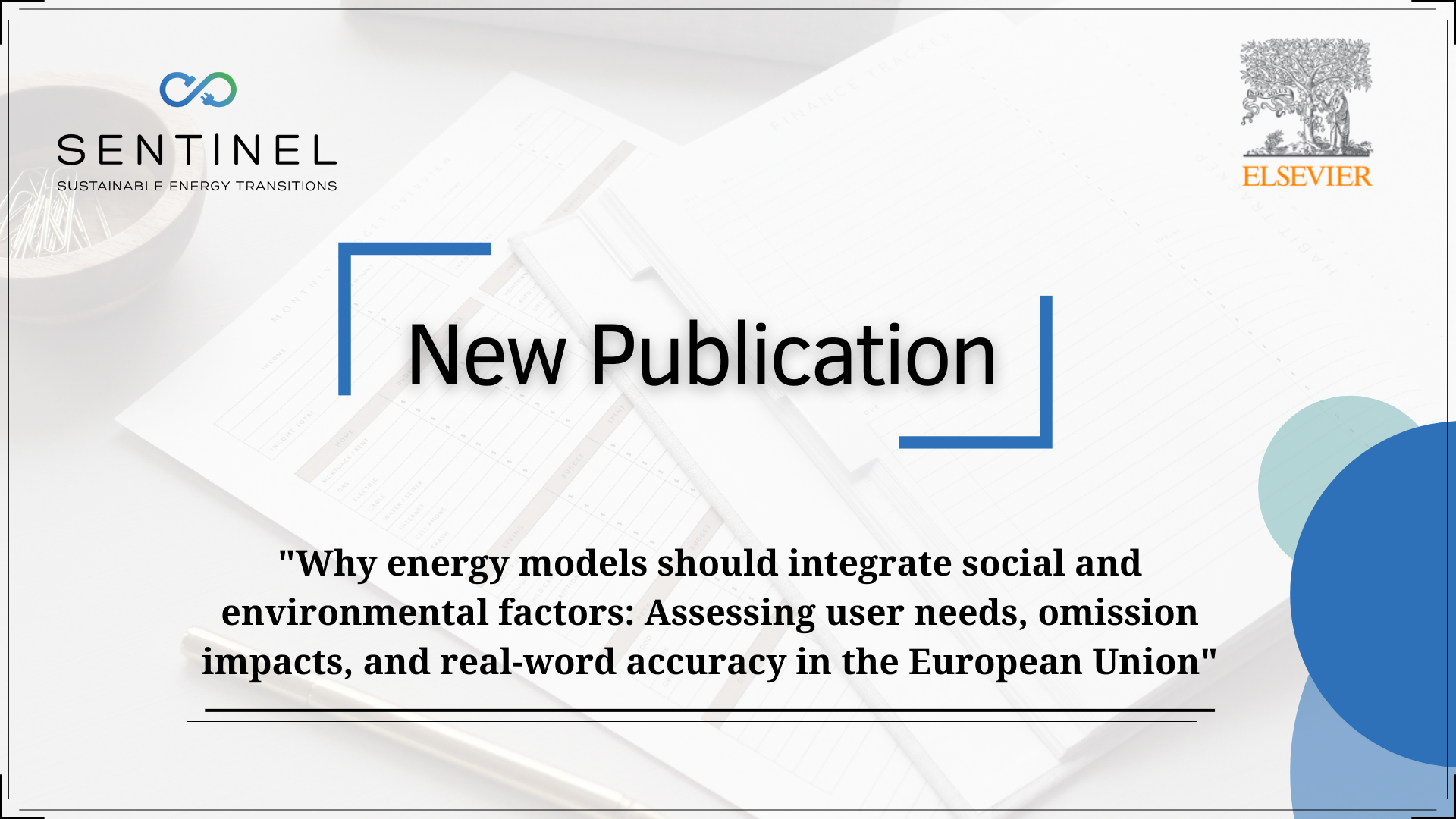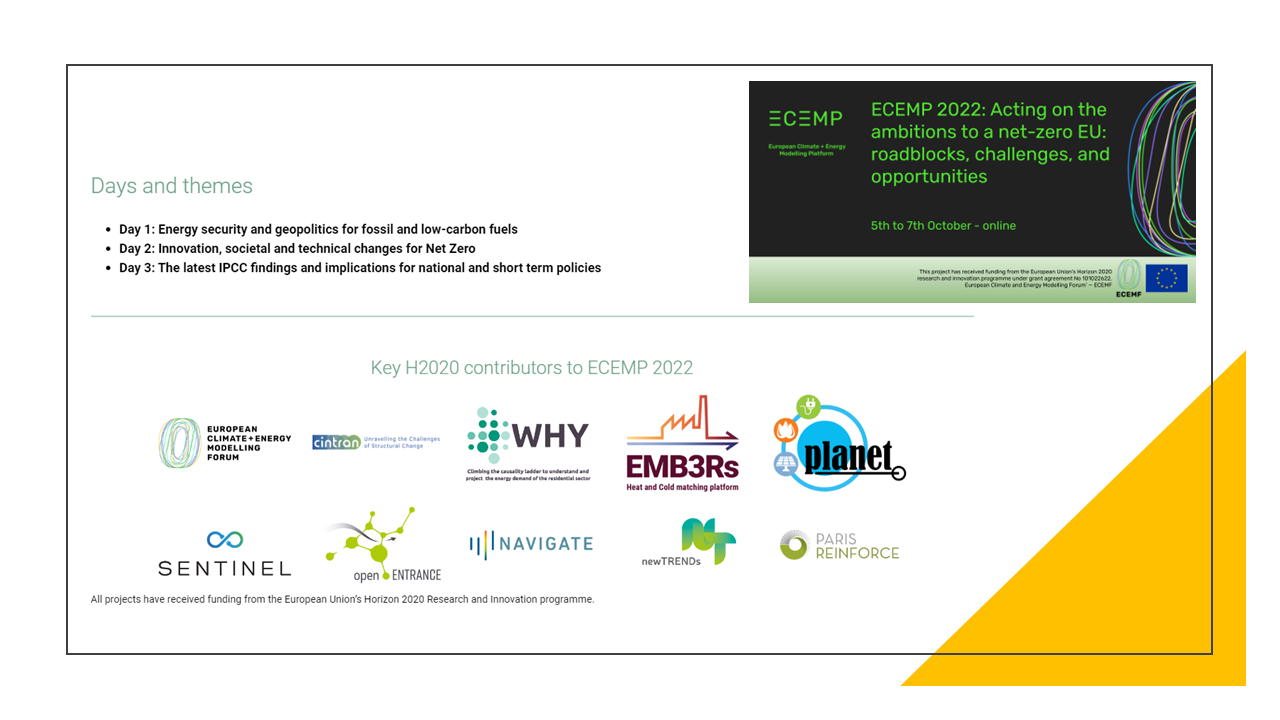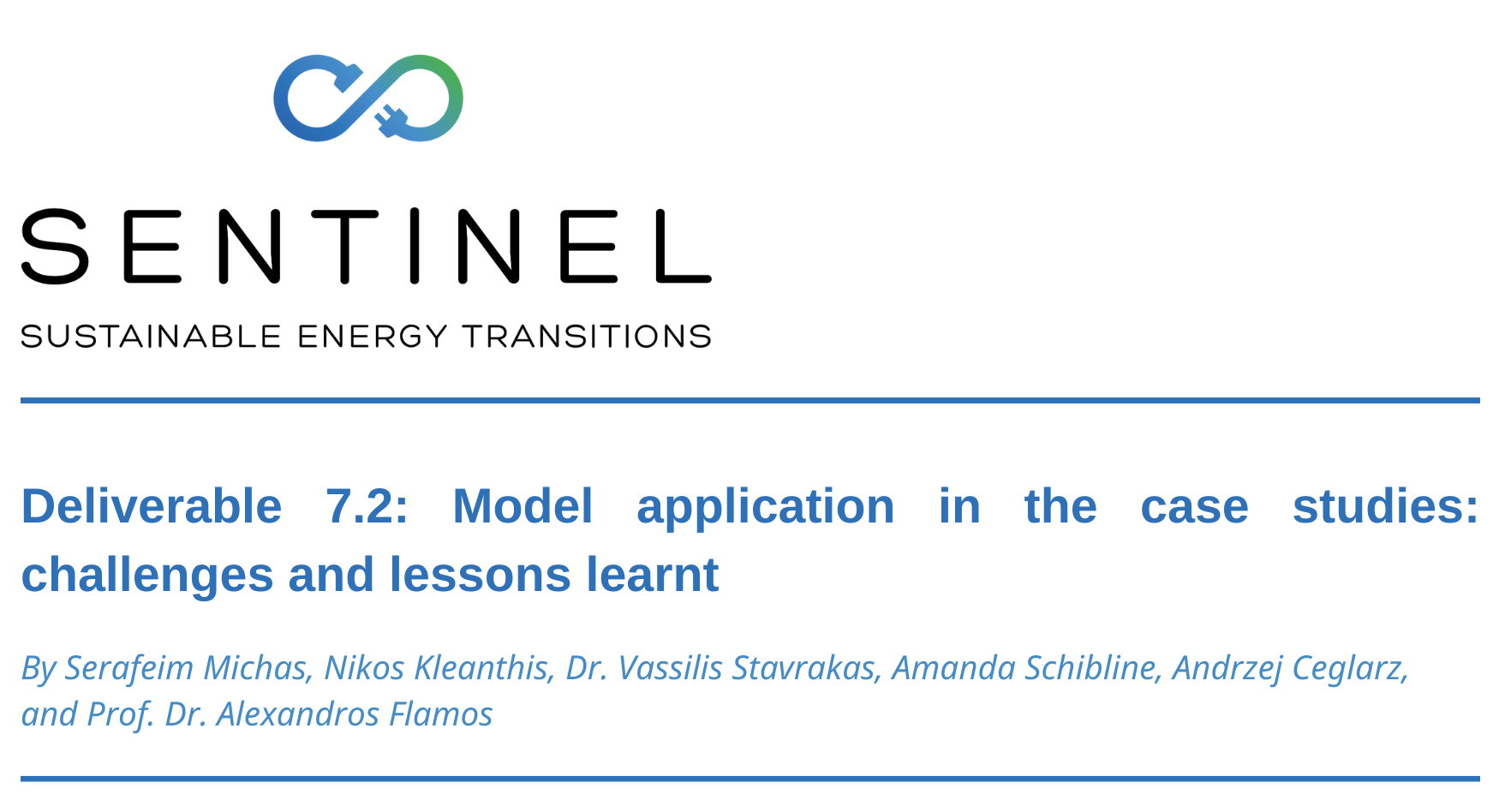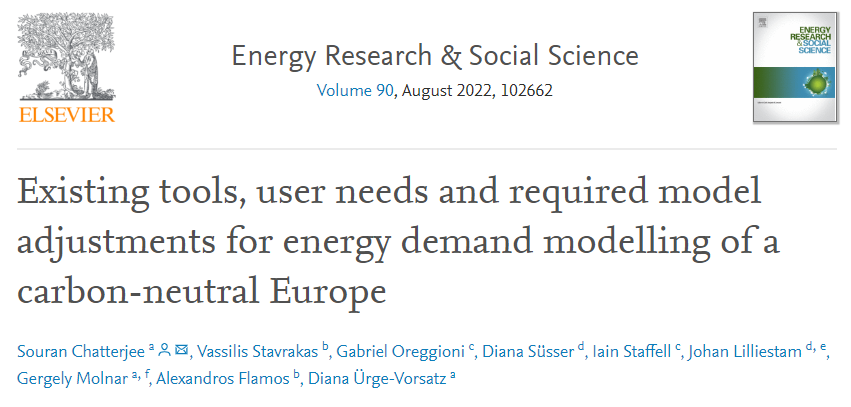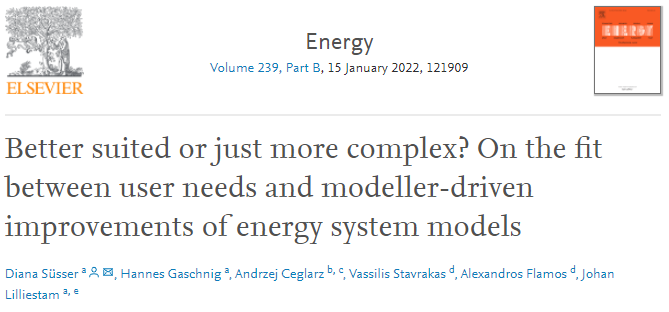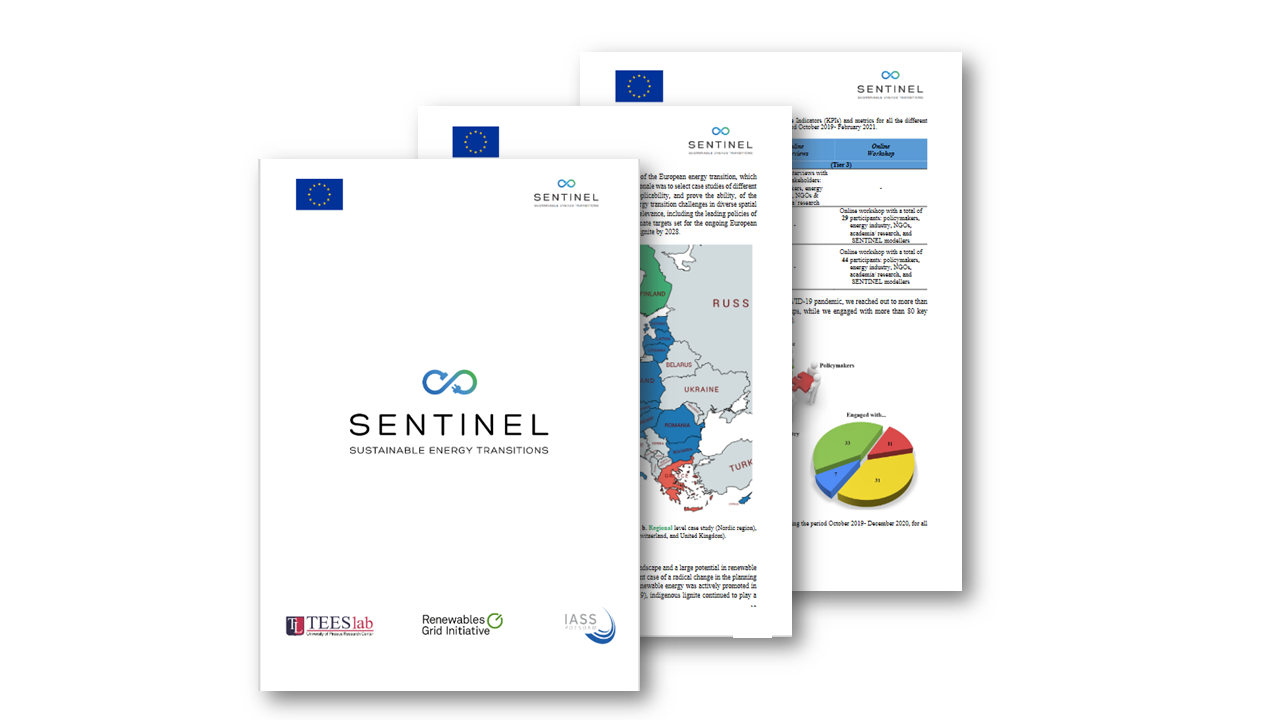-
Test
New research paper published: Paving the way to carbon neutrality in the Greek power sector!
Our team has recently published our new scientific publication entitled “Bidirectional soft-linking of a Capacity Expansion Model with a Production Cost Model to evaluate the feasibility of transition pathways towards carbon neutrality in the power sector” at Elsevier’s Applied Energy Journal. This paper is co-authored by Nikos Kleanthis, Dr. Vassilis Stavrakas, and Prof. Dr. Alexandros […]

-
Test
IAM COMPACT: 1st Newsletter is here!
The Horizon Europe funded IAM COMPACT project has published its first Newsletter on February 2023, (comprising the latest highlights and updates). This first issue starts with a deep dive into the scope and the aim of the project introducing as well its methodological approach, which is broken down into five highly intertwined components of activities: […]

-
Test
IAM COMPACT: 1st General Assembly succesfully completed!
The 1st General Assembly of the HORIZON EUROPE IAM COMPACT project was completed successfully on Thursday 23rd and Friday 24th of February! IAM COMPACT brings together an international consortium of researchers and modelling teams to support the design of a multi-dimensional set of climate and energy policies beyond 2030 for major emitters and non-high-income countries. […]

-
Test
SENTINEL final event: How can we decarbonise the European energy system?
The final online event of the SENTINEL, project which took place on the 23rd of November 2022, was a great success, gathering not only stakeholders participating in previous SENTINEL events but also newcomers. The aim of the event was to present and discuss key insights about the options for a transition to climate neutrality in […]

-
Test
SENTINEL final event: How can the European Union achieve climate-neutrality by 2050?
The Technoeconomics Energy Systems laboratory (TEESlab), in collaboration with the Institute for Advanced Sustainability Studies, the Renewables Grid Initiative, the Delft University of Technology, and the Autonomous University of Barcelona, are organising the SENTINEL final event, entitled “Advancing energy modelling to inform a sustainable transition to climate-neutrality in the European Union”. The aim of the […]

-
Test
SENTINEL Open Access paper: Stakeholders’ perceptions on the critical issues of the transition to climate neutrality
Our new paper entitled “Eliciting knowledge from stakeholders to identify critical issues of the transition to climate neutrality in Greece, the Nordic Region, and the European Union” is now published at Elsevier’s Energy Research & Social Science journal! The article is produced by Nikos Kleanthis, Dr. Vassilis Stavrakas, Andrzej Ceglarz, Diana Süsser, Amanda Schibline, Johan […]

-
Test
New SENTINEL publication: Why energy models should integrate social and environmental factors?
Our new scientific paper entitled “Why energy models should integrate social and environmental factors: Assessing user needs, omission impacts, and real-word accuracy in the European Union” has been published at Elsevier’s Energy Research & Social Science journal! The publication is produced by Professor Dr. Alexandros Flamos, Diana Süsser, Nick Martin, Dr. Vassilis Stavrakas, Hannes Gaschnig, […]

-
Test
Only one week left for this year’s ECEMP 2022 Conference!
Professor Dr. Alexandros Flamos, Director at the Technoeconomics of Energy Systems laboratory (TEESlab), and Dr. Vassilis Stavrakas, Senior Research Associate, will chair Parallel Session 10 “Policy Making – Modelling Interactions at the National Level” that will take place during the 3rd day of this year’s ECEMP 2022 Conference, at 13:30-15:00 CET. The session will develop […]

-
Test
How would energy systems in different geographical contexts around Europe evolve in light of the goal of climate neutrality by 2050?
Our new report entitled “Model application in the case studies: challenges and lessons learnt”, produced within the context of the European Commission-funded Horizon 2020 project SENTINEL, has been published! The aim of the report is to showcase the applicability and usefulness of the SENTINEL modelling suite in the context of three case studies in different […]

-
Test
How energy demand models should be further improved to support the transition to climate neutrality in Europe?
Our new Open Access scientific paper entitled “Existing tools, user needs and required model adjustments for energy demand modelling of a carbon-neutral Europe” has been published in the Elsevier’s Energy Research & Social Science journal. The publication was produced by Dr. Souran Chatterjee, Dr. Vassilis Stavrakas, Dr. Gabriel D. Oreggioni, Dr. Diana Süsser, Dr. Iain […]

-
Test
Do energy models become better suited or just more complex?
We are glad to inform you that our scientific article “Better suited or just more complex? On the fit between user needs and modeller-driven improvements of energy system models” has been published in the Elsevier’s “Energy” peer-reviewed journal. Energy system models are advancing rapidly. However, it is not clear whether models are becoming better, in […]

-
Test
What are the different energy transition challenges in diverse geographical contexts and scales in Europe?
Energy system models are advancing very rapidly and have been a valuable tool towards well-informed decision- and policymaking processes in Europe. However, despite progress so far, models’ complexity often raises questions about their ability to address multifaced issues of the energy transition, especially the ones that matter to model users. Considering that most existing models […]



